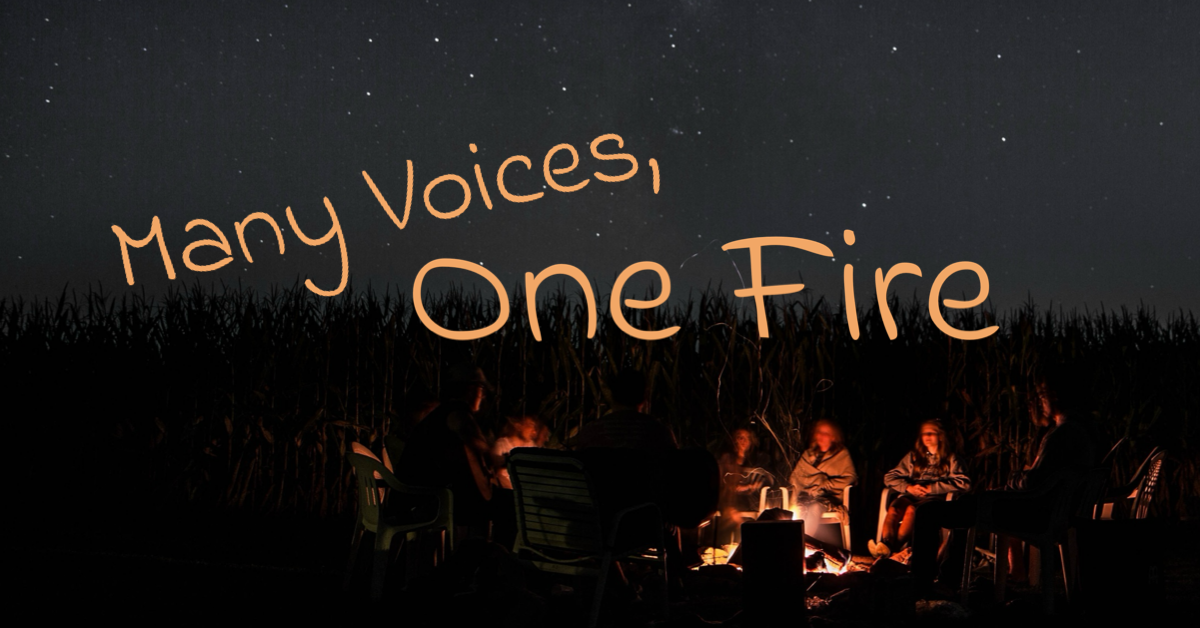
Now Playing: The Blackest of My Hearts by Elvenking
While not necessarily a “common” concept, gender is something we see come up from time to time in various pagan circles, most prominently in Wicca, where there is a heavy focus on the masculine God and feminine Goddess duality.
Before going further, I feel it important to clarify that this is just the perspective of one trans masculine person, and not how every trans person, or even trans masculine person or trans man, will feel about this. Everyone will come to this discussion from a different background and with a different perspective, and none of them are inherently wrong.
While paganism is generally popular among women and more feminine presenting people, since it gives more space for them to be in positions of power, unlike many monotheistic religions, it is practiced by people with a diverse range of genders and expressions, some of whom may not feel comfortable associating with femininity due to dysphoria or trauma of having to force oneself to be feminine for a long time. There are also many trans and non-binary people, myself included, who feel uncomfortable being presented with strict gender binaries or dualities due to not associating with the gender binary at all, whether partially or fully.
Even among several mythologies across the world, there are deities and heroes (at least in Europe) that are some form of LGBT, though most records indicate that these stories are of men loving men (see Achilles and Patroclus). Gender ambiguity is also relatively common in one way or another (see Loki), though being transgender isn’t a topic that’s really touched on. There are some cases of sex being weird (see Hermaphorditus), but not much otherwise that I could find.
The point of all this is that basically everywhere we look in mythologies and cultures from basically everywhere, there was a lot of line blurring going on. So why the masculine God and feminine Goddess duality has cemented itself so strongly in some of the more commonly seen neopagan practices is a mystery to me. There is a chance it’s as a result of several centuries of Christianity being the dominant religion in Europe and European society having some pretty strict binaries in regards to gender and sex, but I hesitate to put that down as the only reason.
I want to reiterate that this is just one trans masculine person’s perspective and I bear no ill will towards any other pagans for their gender identity or expression. This is more meant as how some pagan spaces can feel as someone who has a lot of dysphoria from being perceived as feminine or as a woman, and how being raised and socialised as a girl affected my relationship with femininity. I welcome other perspectives on this, as hearing how others see this has a strong potential to lead to a very productive discussion on gender, presentation, and identity in pagan spaces.
Now, most pagan spaces that I’m in with any regularity, while still mostly feminine leaning gender wise, there is generally more balance and most people don’t really care, so long as you’re not being a bad person. Since I still have a weird relationship with femininity from being raised as a girl (when I’m very much not a girl), having people in my life who are more on the man/masculine side of things gender wise who are also pagans makes everything feel a little more welcoming. It makes the whole space feel more balanced in perspectives.
It’s still a bit of a weird situation, and I still tend to practice alone or just with my partner, since there are still very few men or masc non binary people I know in person who are pagans. On top of that, I don’t really know a lot of pagans in my general area outside of the few I’ve met through a small club I help run through my school. It’s not bad, though. It is refreshing in a way to have a religion that offers positions of power to women from the start.